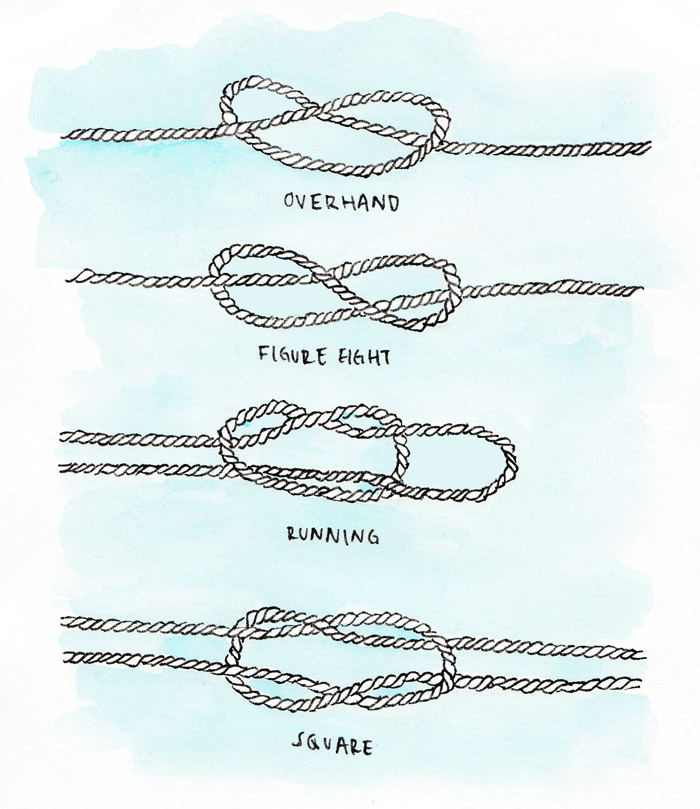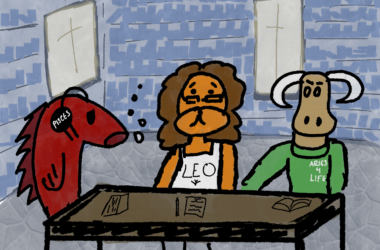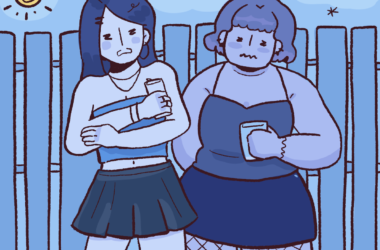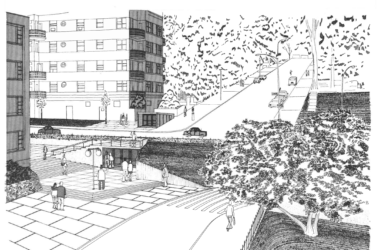As the climate worsens and resources become more expensive, younger generations are under more pressure than ever to live sustainably. Fortunately, the Redpath Museum hosts monthly survival workshops informing students on how to live off the land—teaching skills like turning plant fibers into rope, proper beekeeping, or how to make a fire using friction. The McGill Tribune spoke with Marion Dulude, one of the survival workshop coordinators, about the importance of incorporating natural living techniques into everyday life.
MT: Why should students take the time to learn natural survival techniques?
MD: I think it’s really empowering for people to get a chance to harvest, and to get a chance to process, and get a chance to consume something that they’ve made. [It] is very important to get to understand and know our environment, to get to know the wild beings that are there. It is empowering to also know that plants are not just beautiful, but they could be useful for us, and if we’re able to harvest them respectfully and take not more than what we need, then there could be a mutually beneficial relationship.
MT: When would these techniques be relevant for students to use?
MD: These are small, simple skills, but when you combine them all together, it’s actually quite a big bundle of knowledge. [For example], I drink nettle tea every morning, and I don’t have to buy as many vitamins or as many supplements at the pharmacy because I have quite a few that are from pretty common basic medicinal plants around us. People are always amazed [that] these plants are all around. So I do see it that some of these skills can be integrated right now in your daily life [and] they bring a lot of health, well-being, and awareness.
MT: What are your top three tips for getting into survivalism?
MD: I would start with proximity […] and developing that connection with what’s close to you. [For example], if you want to get into plants, what are the five plants that you can get to know around your home? And then I would say repetition, like [for example], nettle tea, instead of drinking it once and moving on to the next thing, drink it once a week or try integrating it into your life in a small way. And then building communities [and] finding like-minded people and building a community of learners.
MT: What do you hope students who attend the workshops take away?
MD: It’s all about connections to the life that sustains us [and] finding a way to be in this interdependent relationship [with the environment….] There’s so much importance given to humans, that we sometimes get overwhelmed and forget that we are part of this larger whole.









